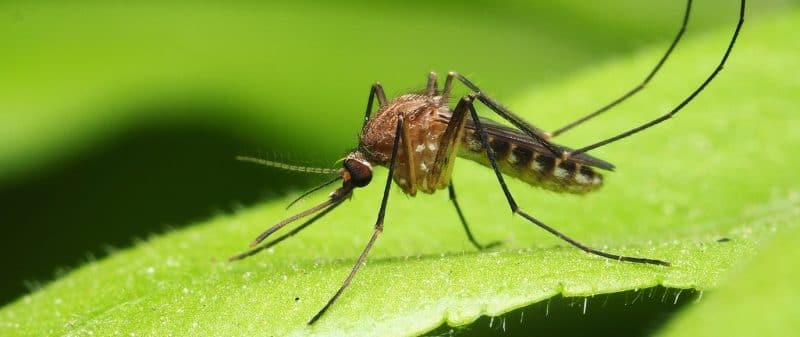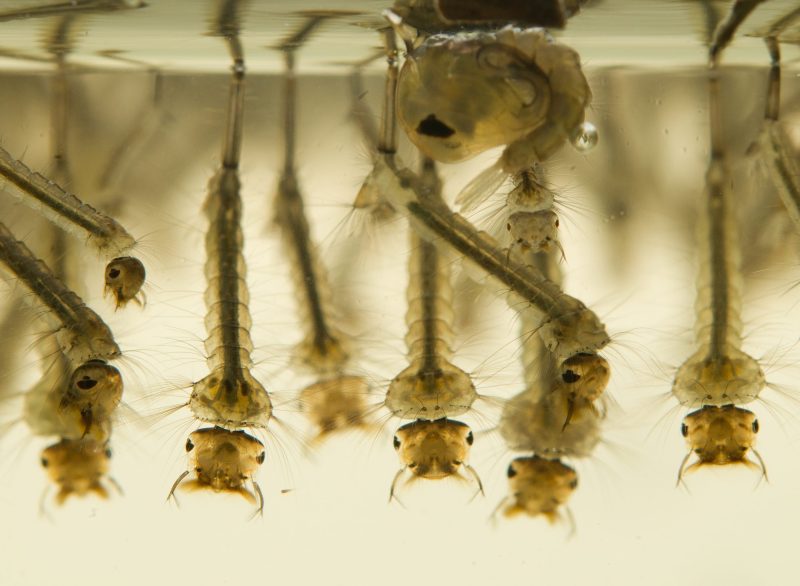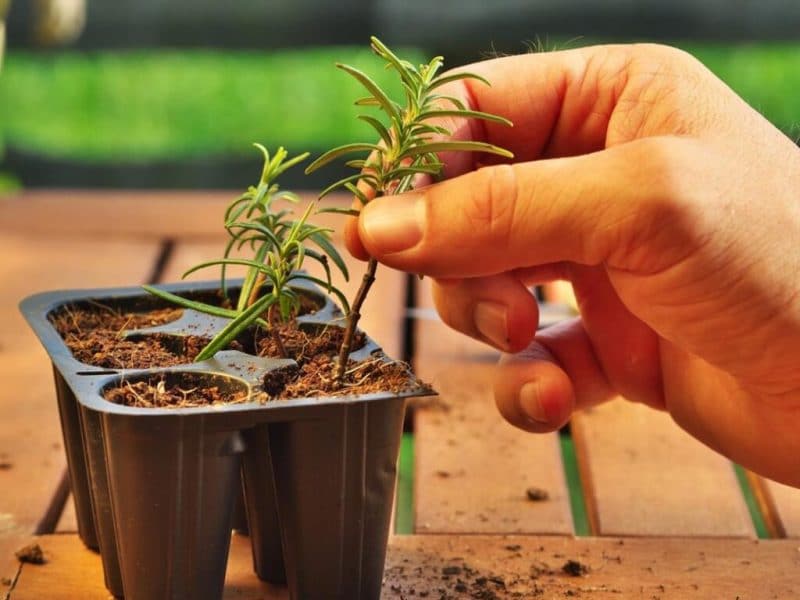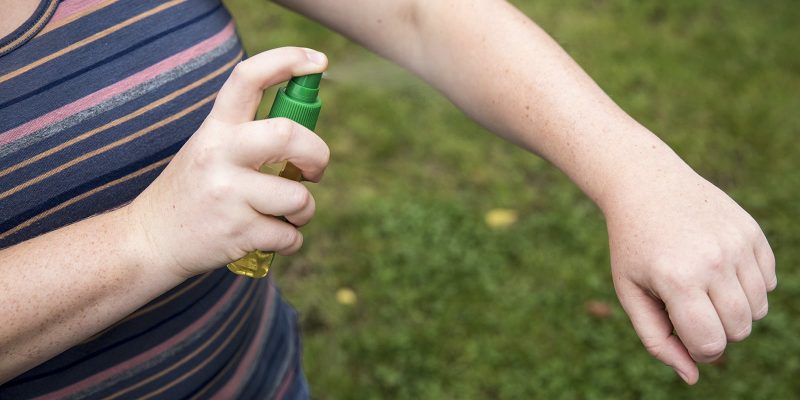Some think mosquitoes are only active in the summer. These insects are versatile. Summer may be over, but this doesn’t mean the biting will stop. It is a myth that mosquitoes die when the temperature goes down. During the colder months, these insects survive. Most species lay their eggs in as little water they could find. These eggs stay in the state of diapause. This is the state in which their development is suspended during fall and winter. The eggs will continue developing when the temperatures warm up.

Mosquitoes are not summer insects at all. In most areas of the United States, mosquitoes can be active in the spring, fall, and summer. In southern areas, these insects may even thrive during winter. Mosquitoes will only be less active. They will not go away. That is why repelling them is ideal even in the fall. They could only die if there is a killing frost of -28 degrees Fahrenheit.
What Mosquitoes Do in Colder Months
Here are what mosquitoes do during the fall and winter:
Culex pipiens
These are the transmitters of the West Nile virus. The females are the only ones that go on through winter. They survive and hang on to the immature eggs inside them all through winter. They wait until springtime to develop the eggs until maturity. Then, they deposit the eggs. During the fall, males and females mate. The females stop having blood meals. They feed only on sugar. The ovaries of the females stop working because of this. The eggs do not mature because there is no blood meal.
Aedes albopictus and Aedes aegypti

These are the vectors of the Zika virus. They overwinter in their egg stage. When it gets cold, the adult females lay eggs in stagnant water. The adult mosquitoes die off. The immature eggs wait in the cold until warmer temperatures come. They will continue to develop by then.
Controlling mosquitoes during the fall
Here are some tips on how to control mosquito populations around your home during the fall season:
- Clean the yard and remove stagnant water in small containers, flower pots, birdbaths, and any similar receptacle.
- Fix outside faucets and pipes
- Clean the gutters
- Rake the dead leaves because these are the breeding areas. These leaves may also prevent proper drainage. This will lead to stagnant water
Warmer and Wetter Fall

Below is information about why mosquito season will be extending this year:
Mosquito flight
Mosquitoes are cold-blooded. The humidity and temperature of a certain area dictate what they do. Adults stay active between 59-90 degrees Fahrenheit. Their flying temperature is 70 degrees Fahrenheit. That is why these insects are active at dusk and dawn. Lower humidity during the rest of the day can dehydrate them, leading to their death.
More humid late summer and early fall
According to the National Weather Service, the Northeast and Southeast regions from August to October. These weather conditions will intensify mosquito activity for the next weeks.
More precipitation
Rainfall with flooding results in explosions in the mosquito population. Excessive standing water will give more breeding areas for mosquitoes.

Removing breeding areas
A female mosquito can produce about 250 million mosquitoes in three generations. Removing standing water is a significant way to prevent this from happening.
Artificial lighting makes biting more frequent
Mosquitoes fly around to feed when there is enough light for them to see but still cool to stay active. Studies show that female mosquitoes are more likely to bite at night under artificial lighting.

Keeping your premises clean will help ward off mosquitoes. They are resilient insects. It is best to remove anything that might encourage them to breed. Protecting yourself by spraying repellents, wearing DEET-treated clothes, and putting up protective barriers can shield you from mosquito bites.